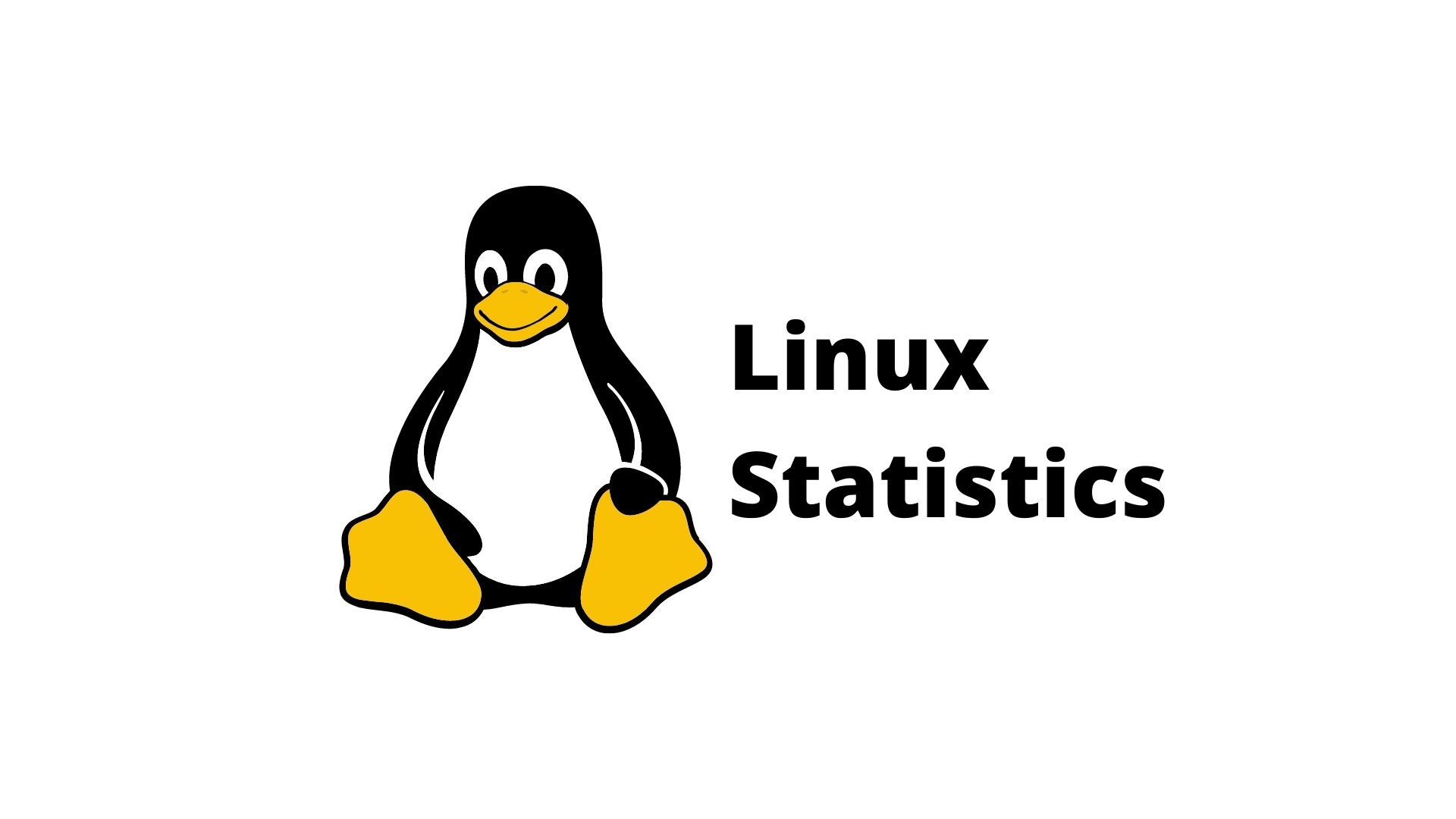Siebel Adds SUSE Support
Siebel Systems is throwing its weight behind Linux with the announcement it would support Novell's
SUSE Linux Enterprise Server 9 operating system, officials said Monday.
The company made the announcement at the launch of this week's LinuxWorld in San Francisco.
This is the CRM , IBM
, Microsoft
and Sun Microsystems
.
“This new product initiative enables Siebel to offer our customers the additional choice of using Novell's fully supported Linux platform for their Siebel deployments,” Skip Bacon, Siebel vice president of technology, said in a statement.
Last year the San Mateo, Calif.-based company signed an agreement with IBM to support Siebel 7.7 on the DB2 Universal Database for Linux.
Today's announcement puts Siebel deep into the Linux camp. The two companies will work to optimize Siebel's business applications on SUSE enterprise-grade OS, with Siebel pledging to work directly with Novell's engineering team to take advantage of the Linux platform.
Novell officials see the partnership as further validation of Linux in the enterprise. Where Linux has been quick to gain a following in the enterprise community as a rock-solid server operating system, the slow adoption of enterprise applications on the Linux OS has been slower.
Bruce Lowry, a Novell spokesman, said the operating system is useful if and when it can do things for you, primarily with applications. Companies like Oracle and SAP
have been moving to Linux, he said, but thinks Siebel was one of the last major enterprise software vendors to support the operating system.
“It's significant that Siebel's decided they want to do this,” he said, “and obviously we're excited that they've chosen us. It's another proof point in this sort of inexorable march of Linux into the data center and the core of the enterprise.”
Lowry doesn't know when the company will have a validated Siebel offering on the SUSE platform. In May the company launched its Validated Configuration Program (VCP), which certifies a configuration of integrated hardware, software and middleware on the SUSE platform.
The company's first offering was an optimized mix of HP blade servers, the JBoss application server and Oracle's database.
